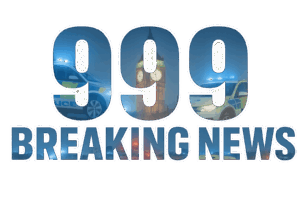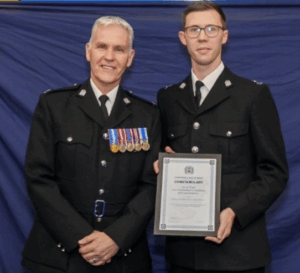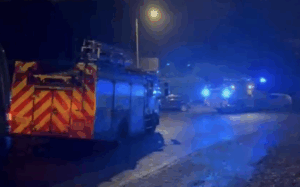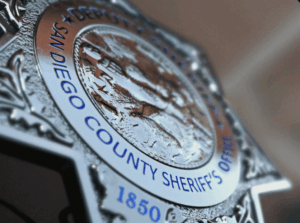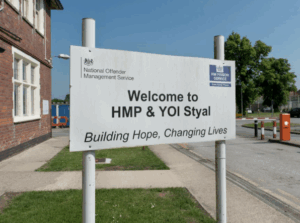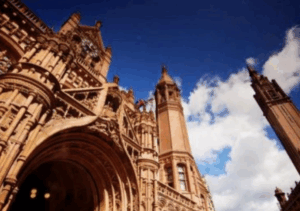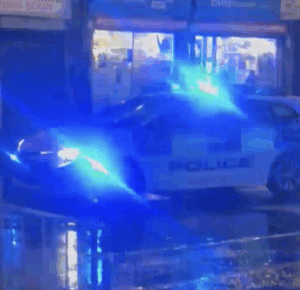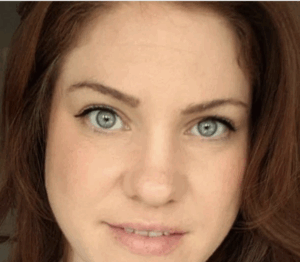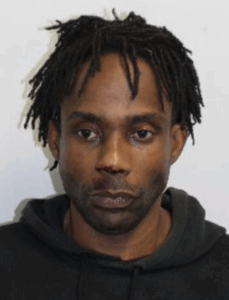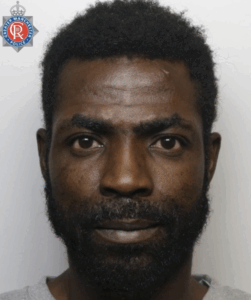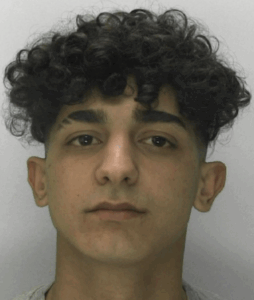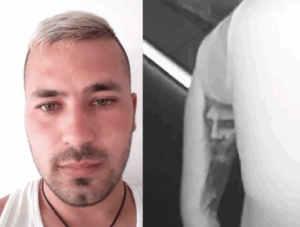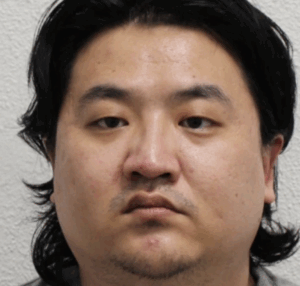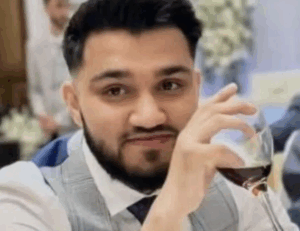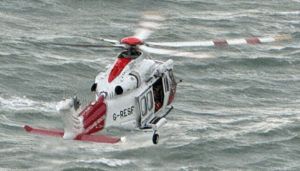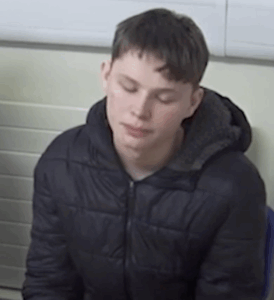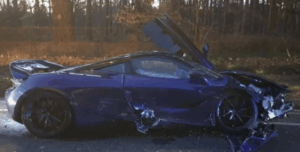They had petitioned the Supreme Court for more time to continue their fight.
On Thursday, they asked Supreme Court justices to prevent hospital administrators from withdrawing life-sustaining treatment until they could file an application with the UN.
However, three Supreme Court justices denied the family’s request to appeal.
The Supreme Court received “an urgent permission to appeal (PTA) application” from Archie’s parents earlier in the day, according to a spokeswoman.
“They were seeking a stay of the Court of Appeal’s decision to allow their child’s life-support treatment to be withdrawn.”
Recognizing the importance of this case, the court convened a panel of three justices who reviewed the parties’ submissions ‘on paper,’ as is customary.
Having carefully considered Sir Andrew MacFarlane’s (president of the Family Division) Court of Appeal judgement and the application for permission to appeal the Court of Appeal’s decision in relation to the stay, the panel has refused permission to appeal to the Supreme Court.
According to Archie’s parents, the United Nations has a protocol that allows “individuals and families” to file complaints about violations of disabled people’s rights.
According to reports, the UN may request that the UK government postpone the removal of Archie’s life support while an investigation is conducted.
After the health trust caring for Archie asked the court to rule on his best interests, appeal court judges upheld a ruling that his life support treatment could be lawfully terminated.
His family had requested a postponement of the hearing after Archie’s father suffered a suspected heart attack and was taken to the hospital shortly before the hearing. He was recently released.
Lawyers for Archie’s parents then asked appeal judges to “stay” – or postpone – the end of treatment so that they could consider filing an application with the European Court of Human Rights (EHCR) in Strasbourg, France, which was granted until 2 p.m. on Thursday.
The Christian Legal Centre, which represents the family, claimed that the “stay” prevented the family from applying to the UN, which is Archie’s parents’ preferred option.
According to a spokesman, they had asked the Supreme Court to “stay the execution of the order authorising the withdrawal of life support from Archie.”
“This will allow the parents to present their case to the United Nations Committee on the Rights of Persons with Disabilities.”
“The UK has joined the Optional Protocol to the UN Convention on the Rights of Persons with Disabilities, which gives individuals the right to complain to the UN Committee about any violations of the Convention,” he added.
Previously, the committee criticised the UK system of authorising the withdrawal of life support from disabled people based on a court’s determination of their best interests rather than their own wishes.
The family’s lawyers will argue that the Court of Appeal wrongfully subjected the family to pressure not to adopt one international human rights procedure over another by issuing a stay that only allowed an application under the ECHR.”
Archie sustained “catastrophic” brain damage in a home accident three months ago.
The child has not recovered consciousness.
Doctors at the Royal London Hospital in Whitechapel, east London, believe Archie is “brain-stem dead” and believe that continuing life support treatment is not in his best interests.
Archie’s parents disagree and say his heart is beating, and are being supported by the campaign group the Christian Legal Centre.
Lawyers for the Royal London Hospital’s governing trust, Barts Health NHS Trust, had requested decisions on what medical steps are best for Archie.
Mrs Justice Arbuthnot, another High Court judge, initially considered the case and concluded, following an earlier hearing, that Archie was deceased.
However, Court of Appeal judges upheld Archie’s parents’ challenge to Mrs Justice Arbuthnot’s decisions and said the evidence should be reviewed.
Mr Justice Hayden stated at a second hearing that evidence shows Archie suffered a “significant injury” to “multiple areas” of his brain and had not “regained awareness at any time.” He described Archie’s situation as “terrible.”
However, his family appealed that decision, claiming that Mr Justice Hayden had not given “real or proper weight” to Archie’s or his family’s wishes or religious beliefs, and had failed to conduct a “comprehensive evaluation” of the benefits and burdens of continuing life-support treatment – an appeal that was rejected by the Court of Appeal on Monday.
